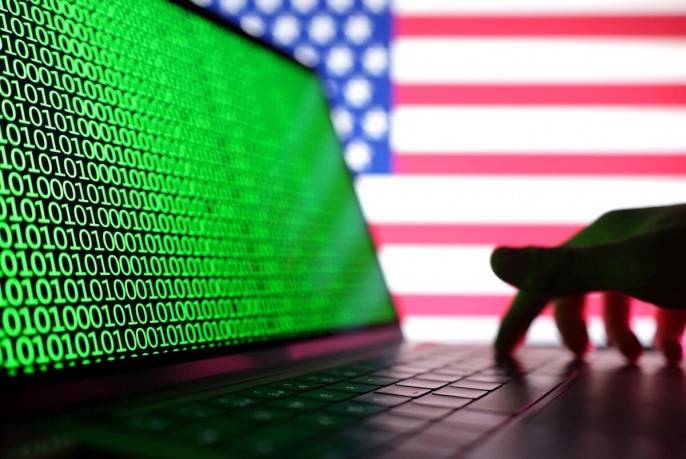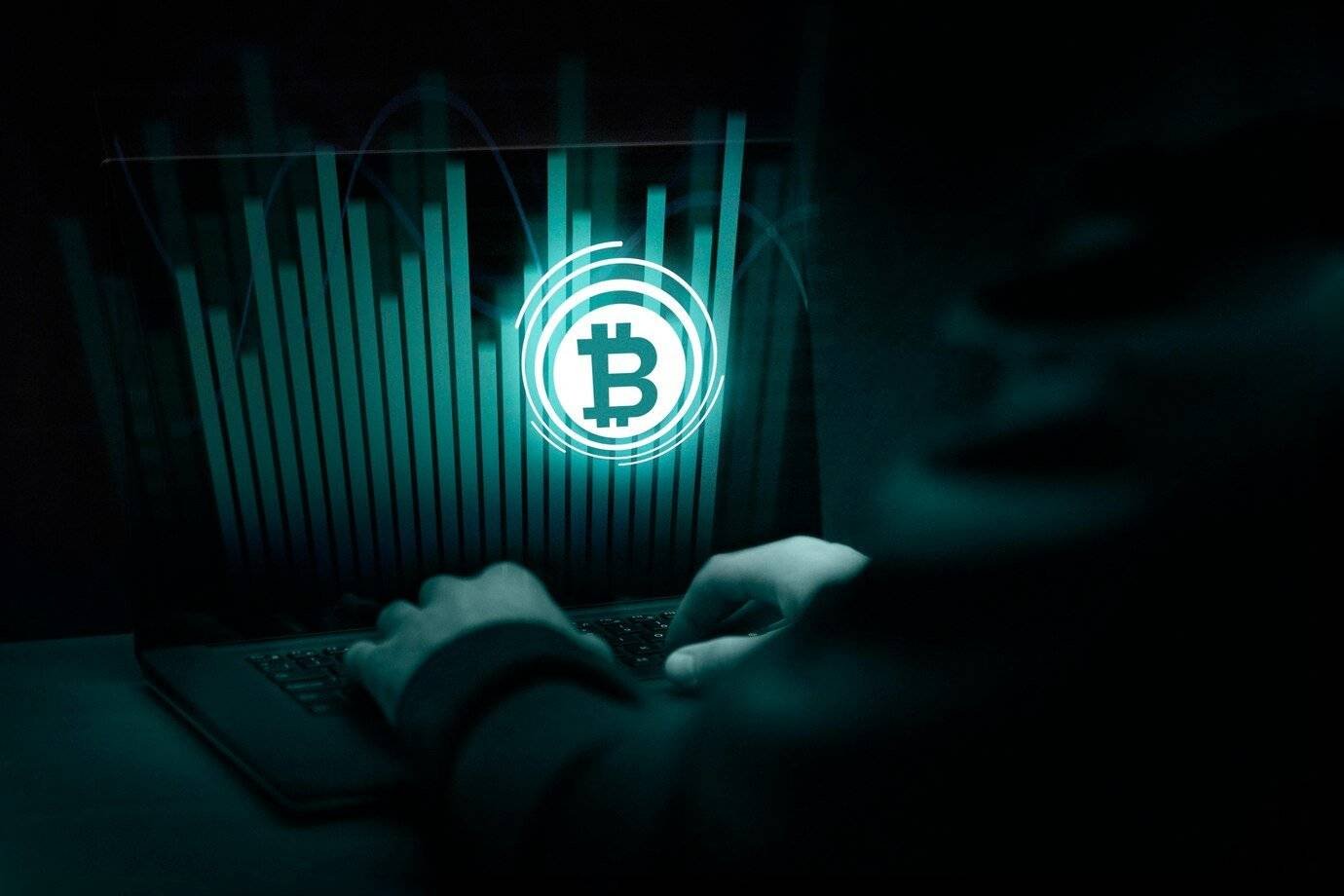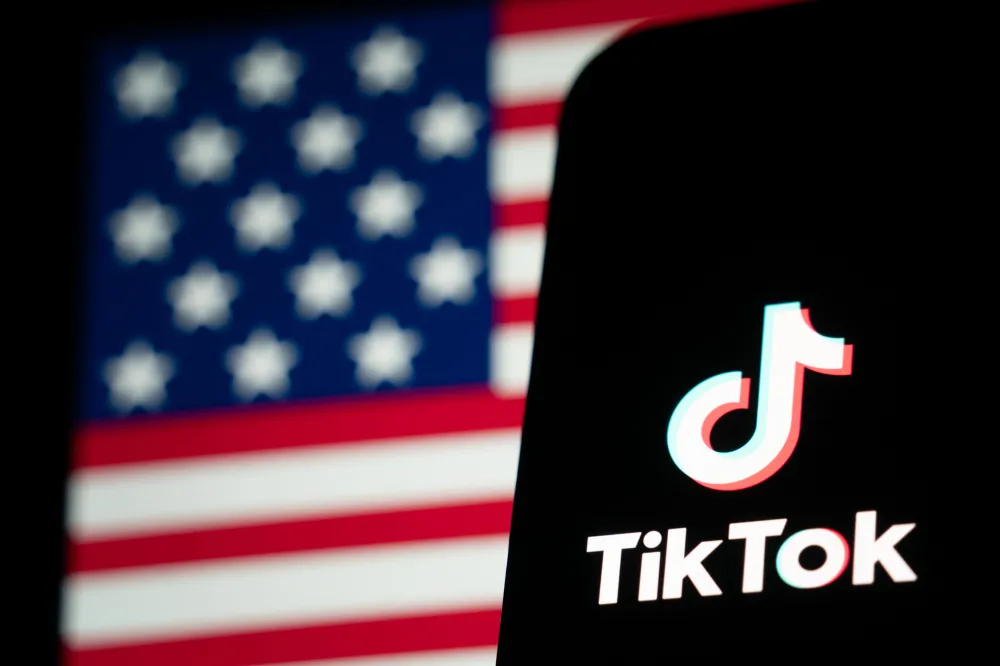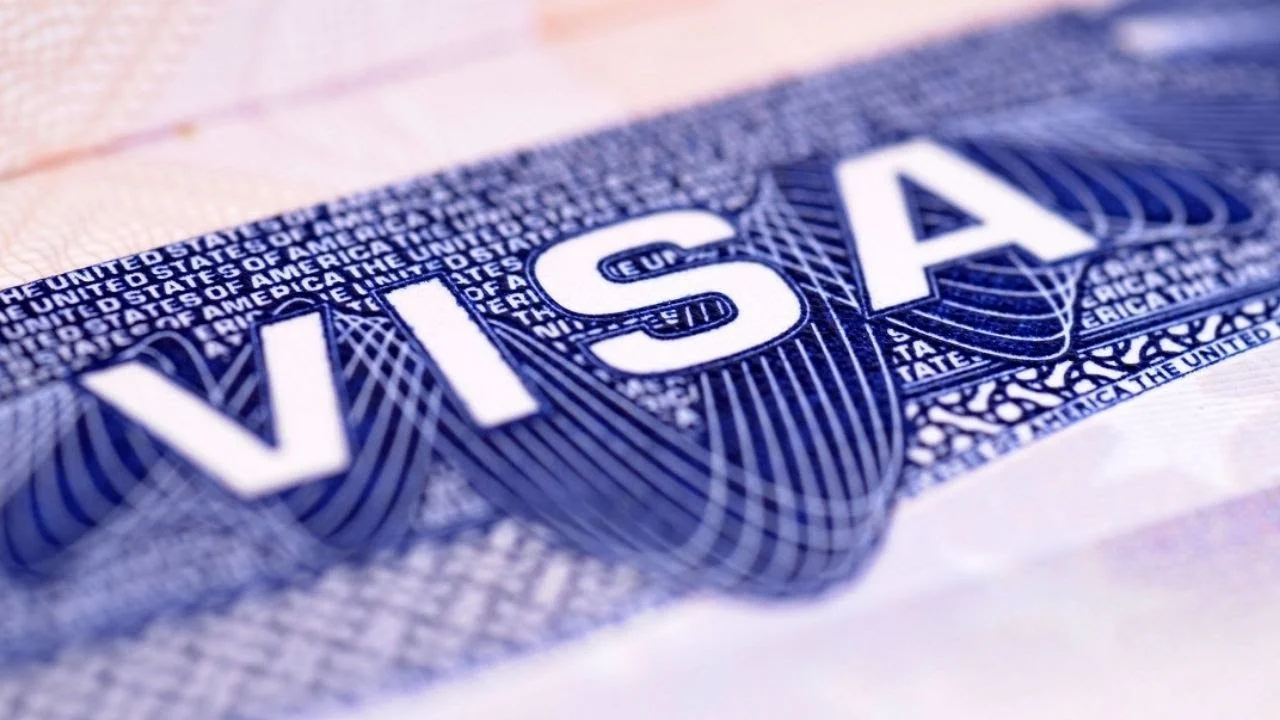In a move that has sparked widespread concern, Zambia’s government has introduced a sweeping cyber-security law that grants authorities broad powers to intercept and surveil electronic communications. The new legislation, signed into law by President Hakainde Hichilema on April 8, has drawn sharp criticism from civil society groups, opposition leaders, and even international observers, including the United States embassy in Lusaka.
A New Era of Surveillance?
Cyber security legislation authorizes law enforcement agencies to track communications-including calls, e-mails, and text messages, even streamed material in Zambia on the pretext of discerning “critical information.” Although the Zambian government pledges that the law is to assist in fighting online fraud, child pornography, and disinformation, critics say it is vague enough to be used against opposition members and dissenters in the run up to the heightened contest for power next year. Kemler said, “intrusive surveillance ecosystems” such as this emerging from the law, not only crosses borders but also goes beyond privacy safeguards in several other states.
As the Embassy explained on its Facebook wall, it sought to remind Americans that they should pursue caution while in or traveling to Zambia because their communications can be intercepted.
“The law requires interception and surveillance of almost all electronic communications in the country,” the embassy said. “It defines ‘critical information’ so broadly that it could apply to almost any activity.”
Government Reassurances Ring Hollow
Responding to the backlash, Zambia’s foreign ministry issued a statement defending the law, saying it does not authorize mass or random surveillance. Instead, officials claim, any interception or data request would require a court-issued warrant. They also clarified that “critical information” pertains specifically to national security and emphasized that actions taken under the law will adhere to due process.
Despite these assurances, skepticism remains high. Many Zambians view the creation of a new cyber-security unit housed directly in the president’s office as a troubling development. Civil rights advocates fear the law could stifle free speech and target journalists, activists, and ordinary citizens who criticize the government.
Joan Chirwa, founder of the Free Press Initiative Zambia campaign group, described the law as a devastating blow to personal freedoms. “This won’t just affect journalists or civil society organizations,” she told the BBC. “It will affect everyone in Zambia.”
Echoes of Past Opposition, and Hypocrisy Claims
Hichilema himself was once opposed to similar legislation. In 2021, he publicly denounced his predecessor’s attempts to pass a similar law, calling it a tool of oppression for freedom of expression and spying on citizens. Hichilema is now facing charges of hypocrisy after signing into law the kind of law he once rejected.
Opposition MP Miles Sampa raised an outcry on social media, raising Hichilema’s apparent change of heart. “My question is, when did you change this stance to now sign a law that almost 100% prohibits us citizens from expressing ourselves on platforms like Facebook, X, Instagram, TikTok, etc., without risking jail terms of up to 25 years or life imprisonment?”
Adding to the controversy, some commentators have called the US embassy double-standard. Social activist Laura Miti pointed out that the US itself has spied on far greater scale, referring to Edward Snowden’s revelations about the global espionage carried out by American intelligence agencies. “Until Edward Snowden revealed the matter, the US secretly surveilled its citizens for years”, Miti writes on Facebook. “That raises an eyebrow about this from the American embassy. Hypocritical really.”
Still, Miti condemned the Zambian law, calling it “tyrannical,” and said that it is driven by an insecure government rather than true concern for public safety.
With elections beckoning and citizens losing trust in the government, the stakes could not be higher, for ordinary Zambians and their tenuous democracy.

















